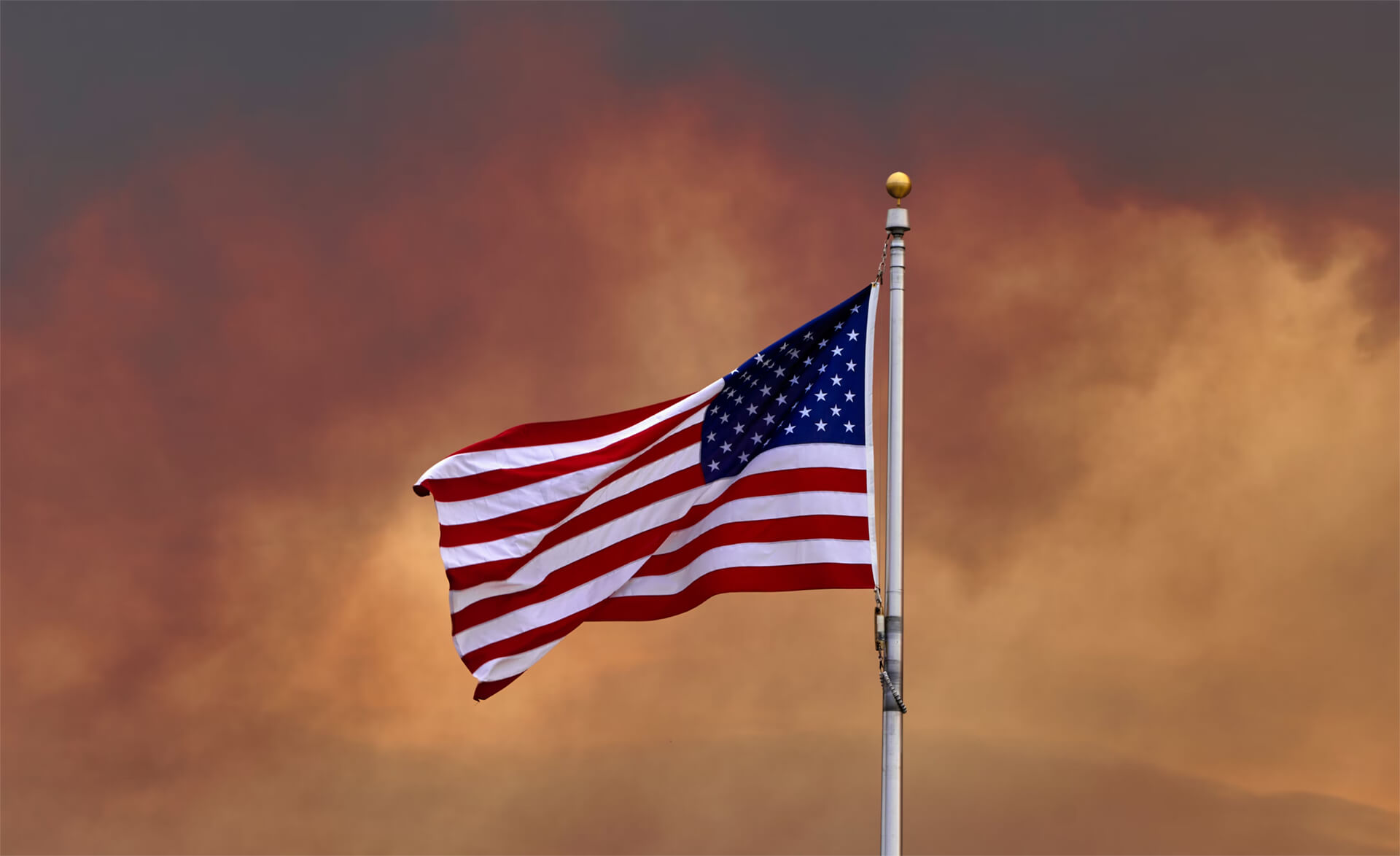When I picture my ideal US alliance system, I focus on stable, secure, and economically complementary countries. Part one of this two-part series focuses on the “safe” bets.
The inner circle will consist of Canada, the UK, Australia, and New Zealand. Sure, we’re all English-speaking and naval-oriented, but we’ve also got a long history of cooperation. And each of these places is economically resilient, consumption-driven, and relatively insulated from global demographic challenges.
Next on the list, we have Mexico and Vietnam. Mexico is our largest trading partner and developing a more holistic relationship with them would serve the US well. Vietnam is a rapidly growing trading partner that has secured its position in the global economy and maintains natural geographic defenses, making them a good friend to have in the region.
Focusing on this list of countries should be the main priority for the US, but there are plenty of other options out there. So, tomorrow we’ll discuss the countries that are sitting in the minor leagues waiting for the call up.
Here at Zeihan on Geopolitics, our chosen charity partner is MedShare. They provide emergency medical services to communities in need, with a very heavy emphasis on locations facing acute crises. Medshare operates right in the thick of it, so we can be sure that every cent of our donation is not simply going directly to where help is needed most, but our donations serve as a force multiplier for a system already in existence.
For those who would like to donate directly to MedShare or to learn more about their efforts, you can click this link.
Transcript
Hey, everyone. Peter Zeihan here coming to you from the Brett’s track in New Zealand. Almost done like 4k left. Anyway, question from the Patreon crowd. If you were to craft the perfect U.S. alliance system for the future, what would it be? Well, I would always start with the family. So what I like to call the Grand Hongqi Alliance, all the all the Anglo states.
So that’s the United States, Canada, the United Kingdom, Australia and New Zealand. These are countries that share more than the common bond of English culture and history. They’re all naval powers, what they can do, which is kind of regard, and so they have the ability to defend themselves in a degree that’s much simpler than it is for a land power.
So security complications are quite limited. The economic growth is largely consumption driven. So it’s going to be something that’s really interesting and positive to have in a globalizing world where populations are aging out everywhere. It’s less true for those countries. And we have a long track record with the Anglos, called the Five Eyes Alliance, which is basically intelligence sharing.
Throughout history, whatever we find that isn’t a complete individual national state secret is shared among the five, that makes the most powerful, strategic decision making apparatus that you can possibly have. So start there. Number two, you look for countries that are up and comers, that have the potential to do very well in the world to come at the very top of that list, are two countries, Mexico and Vietnam.
These are states that are already in the United States as top seven trading partners. Mexico is number one. Vietnam’s number seven. And they have the demographic to, continue doing this for a very, very, very long time. The security issues, in the classical sense, worrying about other countries are quite limited. Vietnam is backed up by mountains and jungles on all sides.
And Vietnam’s, most insecure border is one the heads of the United States. So if I was to give any advice to presidents now or in the future, let’s find a way to make relations with Mexico as wholesome and as well-rounded as possible. If you’re only talking trade, if you’re only talking drugs, you’re only talking immigration. You’re not really doing anyone a favor.
This needs to be a broad border conversation that involves not just security. And, in the way that we’ve defined it on the border, but in the broader sense, it needs to involve culture and finance and transport and logistics and infrastructure and everything, that is benefiting, what has been the strongest bilateral economic relationship in human history already?
Can you imagine if we actually put some effort into that? Okay. Next, countries where the security issues are relatively limited and they could bring a lot to the table? France and Japan are at the very top of that list. Japan, obviously, an archipelago has two, super carriers, which are the only two outside of the five ice agreement.
The others that are not American or British. Second strongest navy in human history. The Brits are third, and an economy that has already relatively globalized proofed it. It’s still a massive importer of energy and raw materials. But this is not the Japan of the 1980s that was completely dependent on trade, only trades for GDP, about 15% of the total, which is very similar to the American number.
And so this is a country that while its demographics are bad, it is developing a series of technologies to cope with it, which is something that we will learn in yourselves in the future. France on the far western side of Europe, there’s sometimes our, our estranged sibling, but that simply underlines that they are family.
The French and the Americans have always gotten along when it really matters. Although we’d like to do things our own way, they also have a positive demographic future. They have a huge fleet of atomic power stations, so they’re not nearly as dependent on petroleum or natural gas imports as anyone else in Europe. And they have a military that’s roughly right sized to their needs.
So you kind of group those together and you kind of get the dream team. Once you have that in place, I would look around for the low hanging fruit places where there’s technologies that are kind of concentrated, think Taiwan, that would be very useful, or places that don’t have security concerns because they’re isolated from everybody else. Spain and Portugal might fall into that category.
But overall, this is the cluster. These are the countries and do really well in the future. And then once you’ve got that, you can start thinking things that a little bit more ambitious based on whatever your goals are, however, you define them. I’m a little hesitant to put my stamp on anything beyond that list, because the technologies in 1015 years may look significantly different.
And the, the goal posts will shift with that. But for now, these are the countries that I see as being relatively stable, relatively wealthy, with a good growth trajectory, and very little chance of anything knocking them off.








